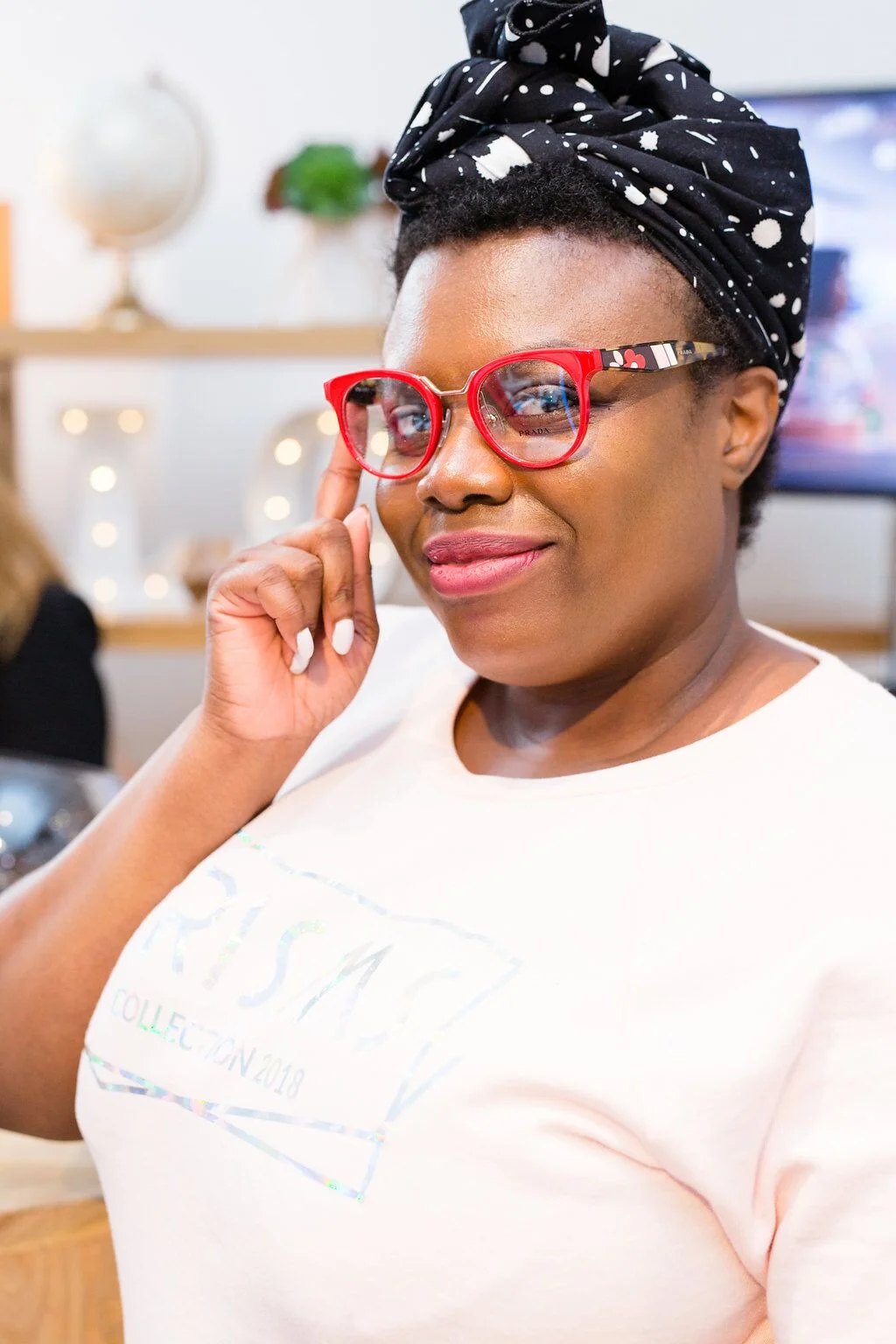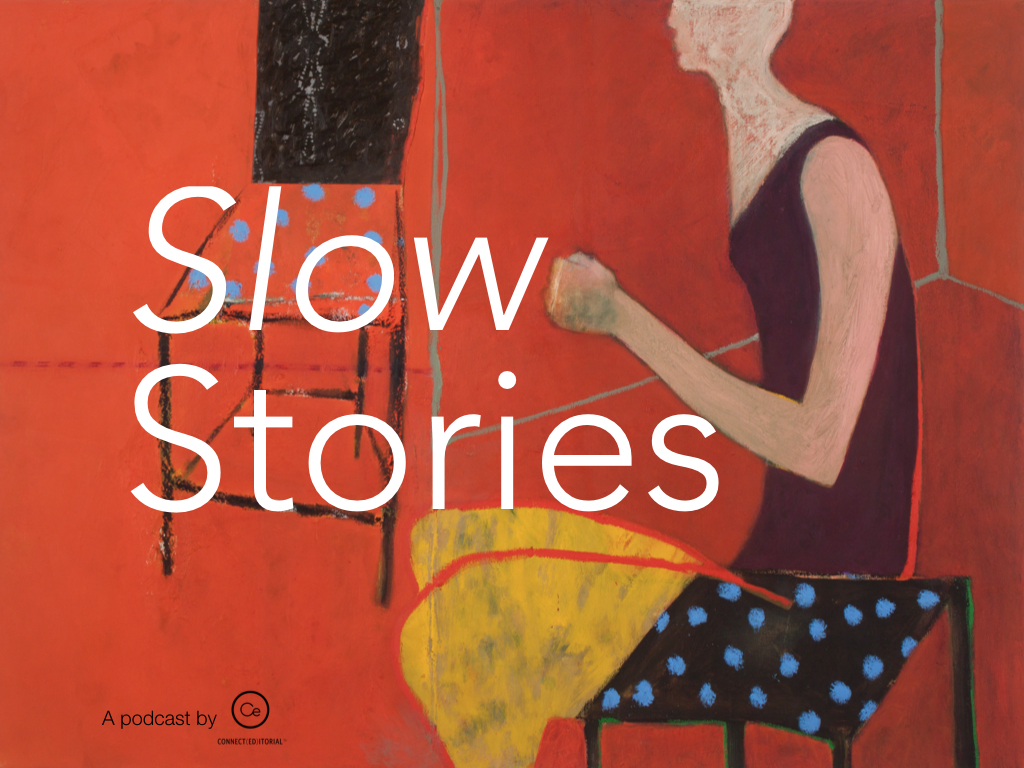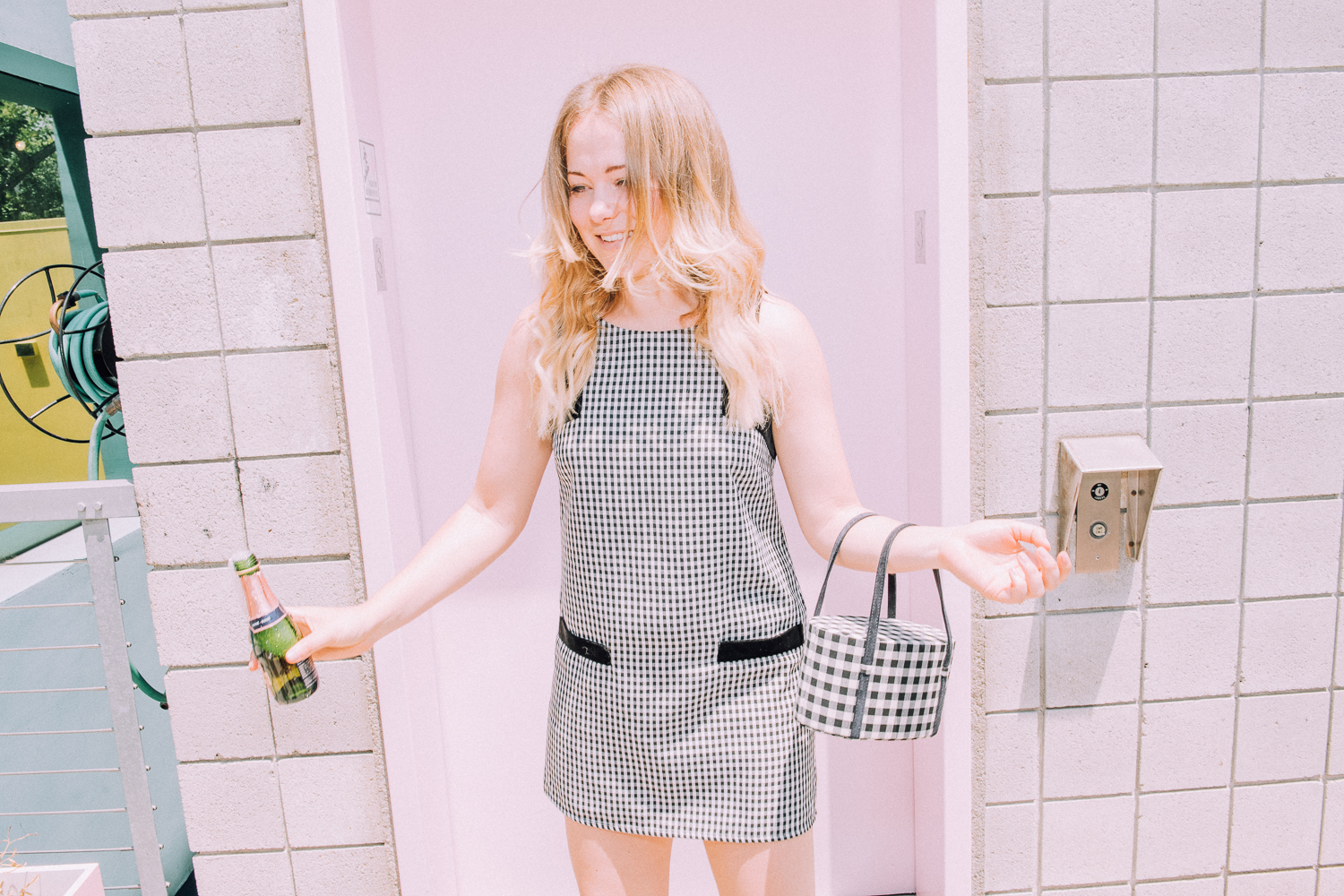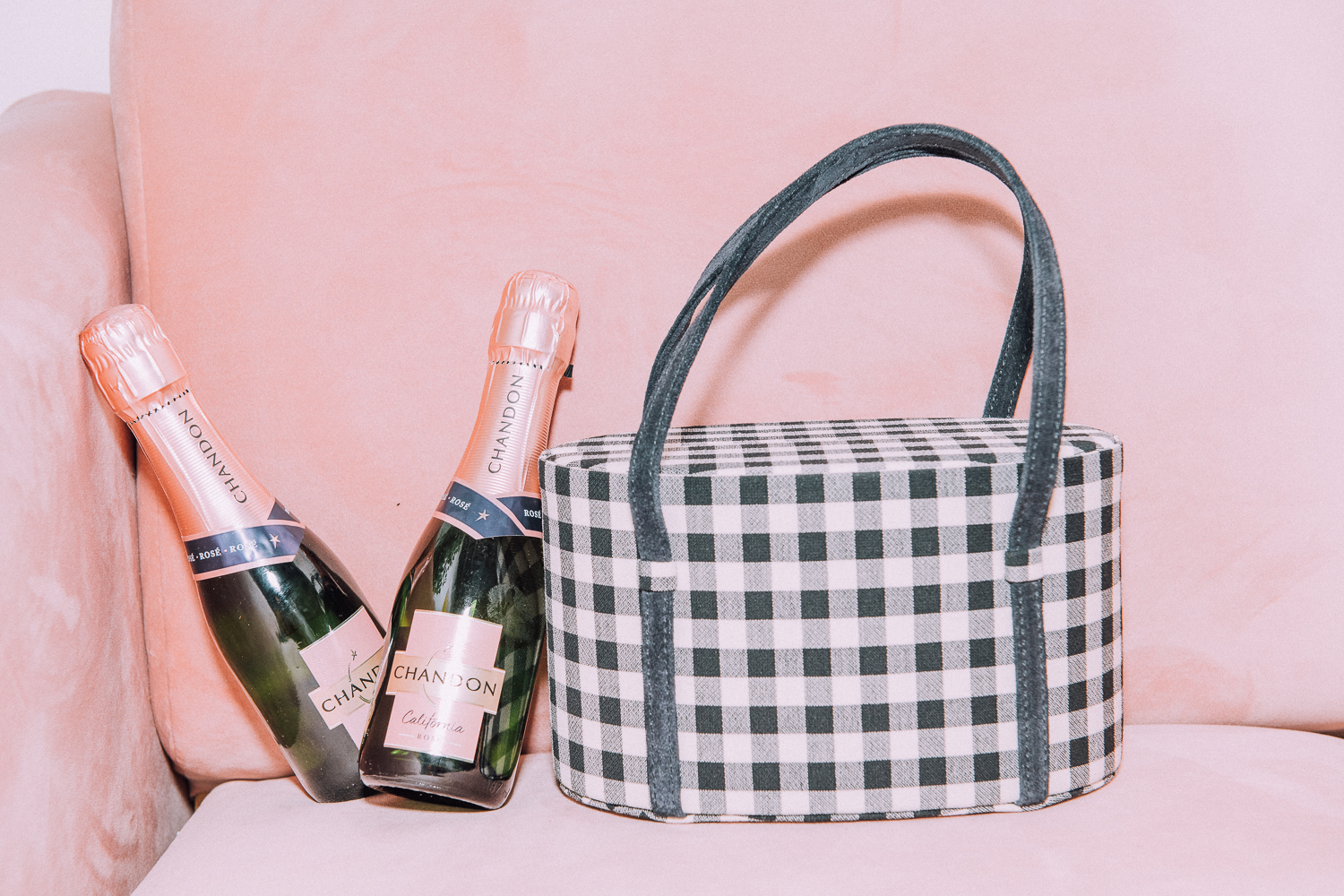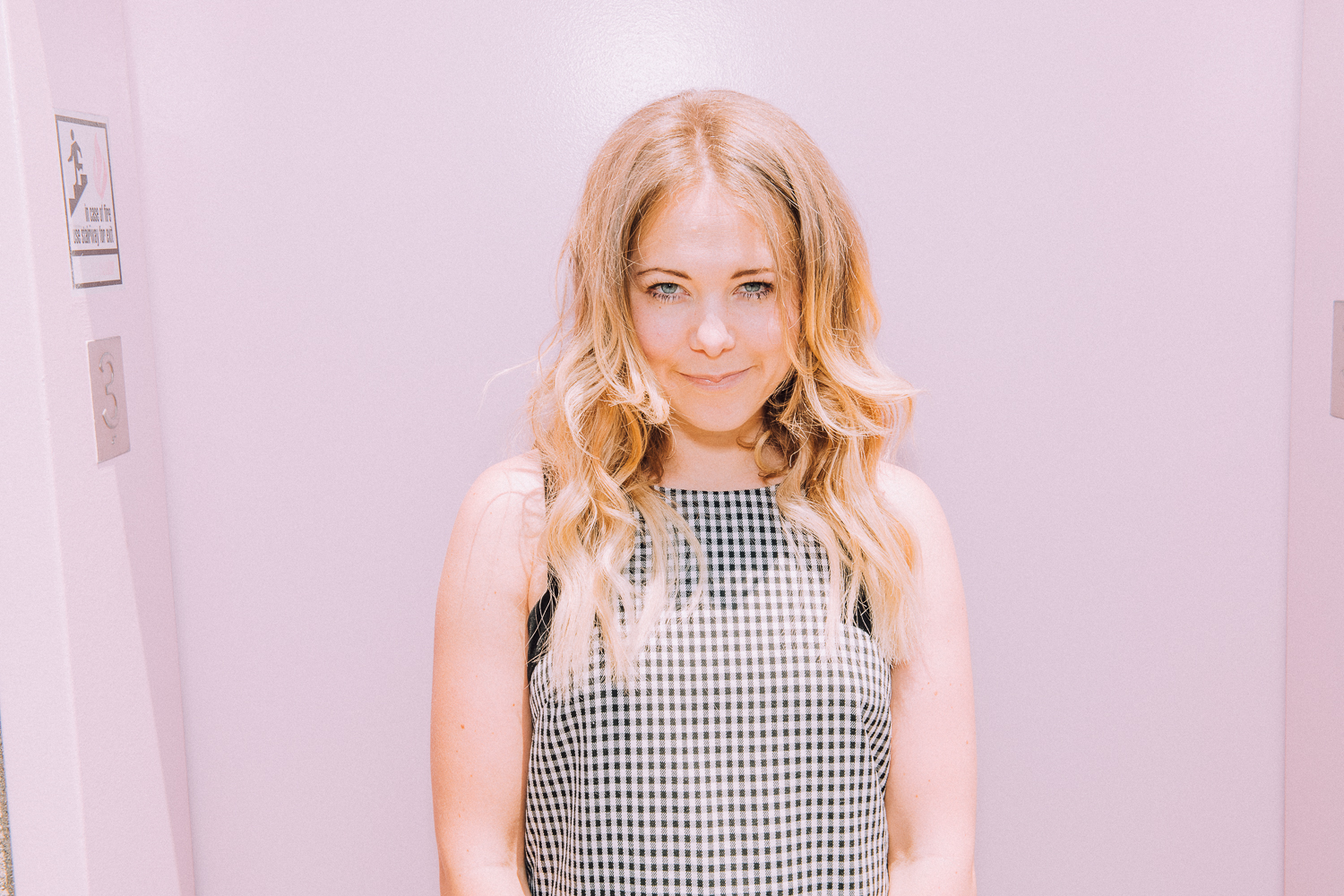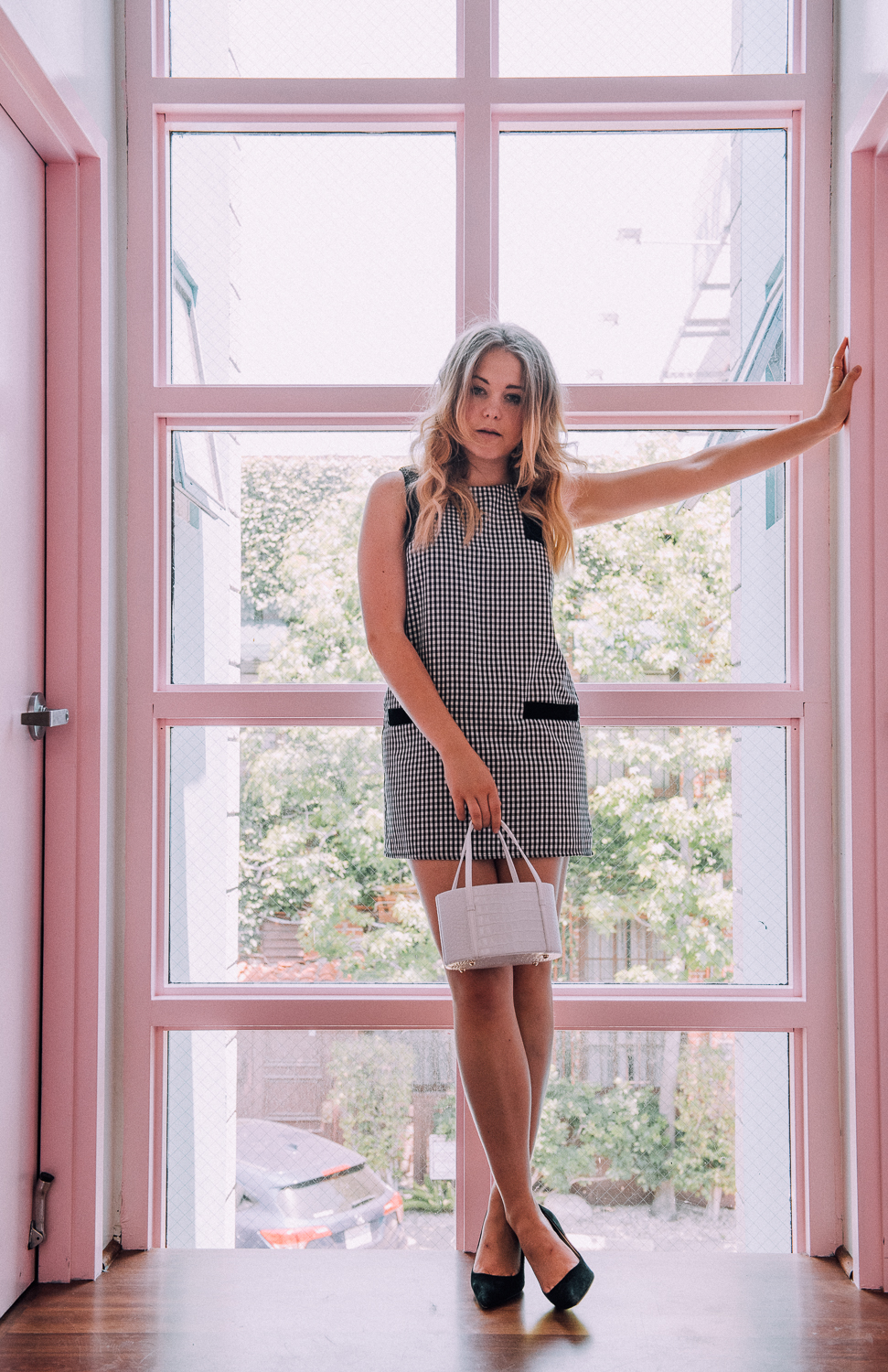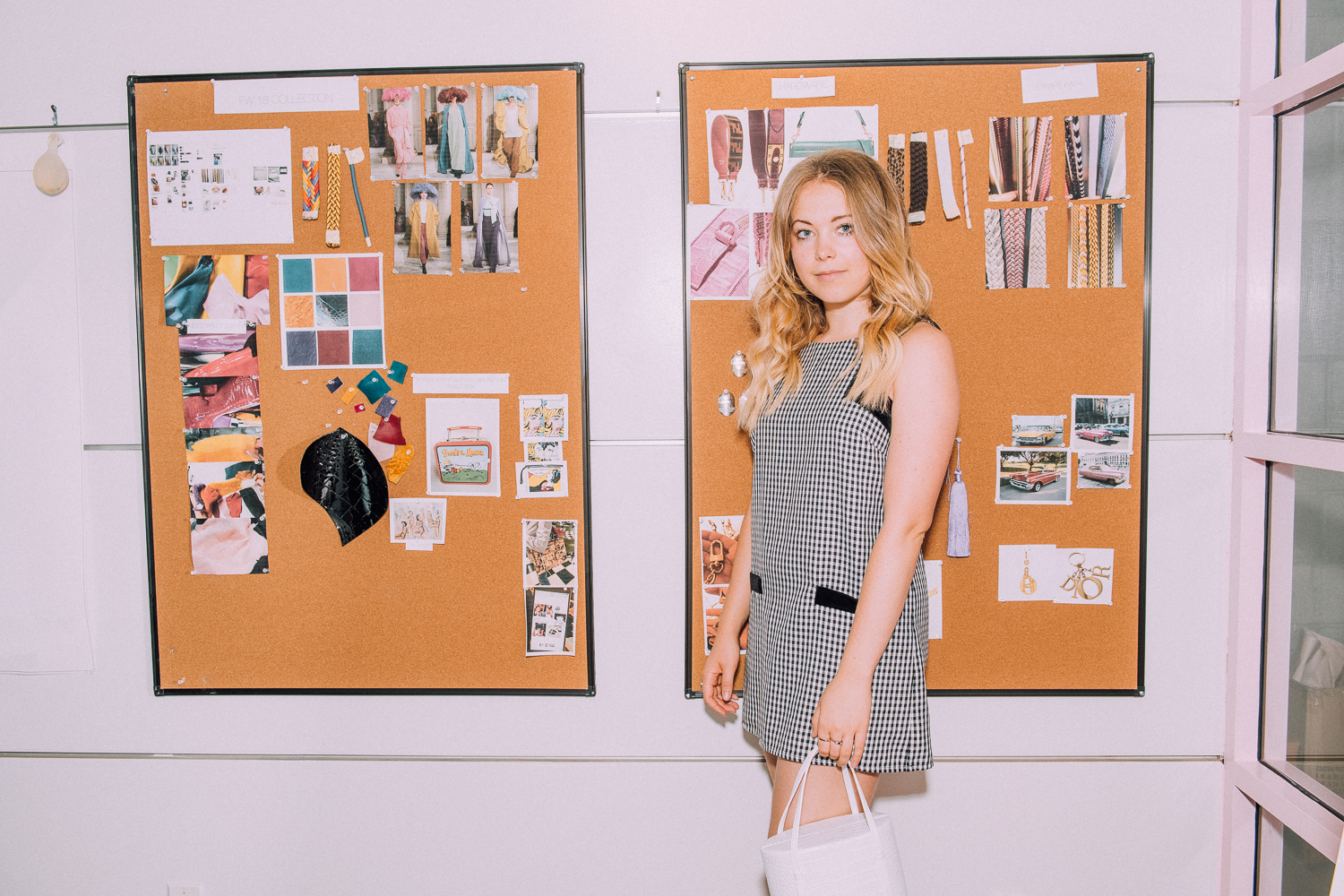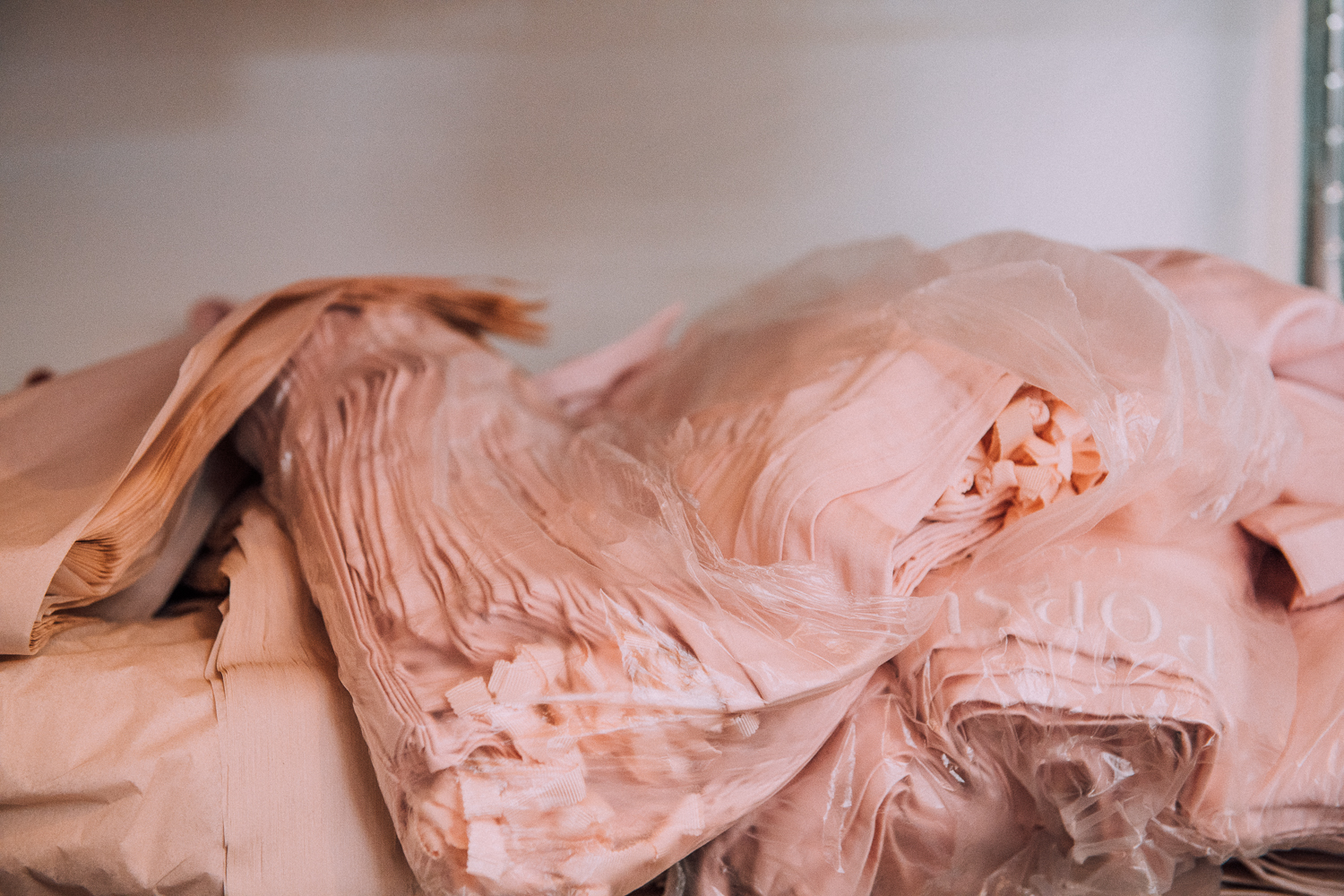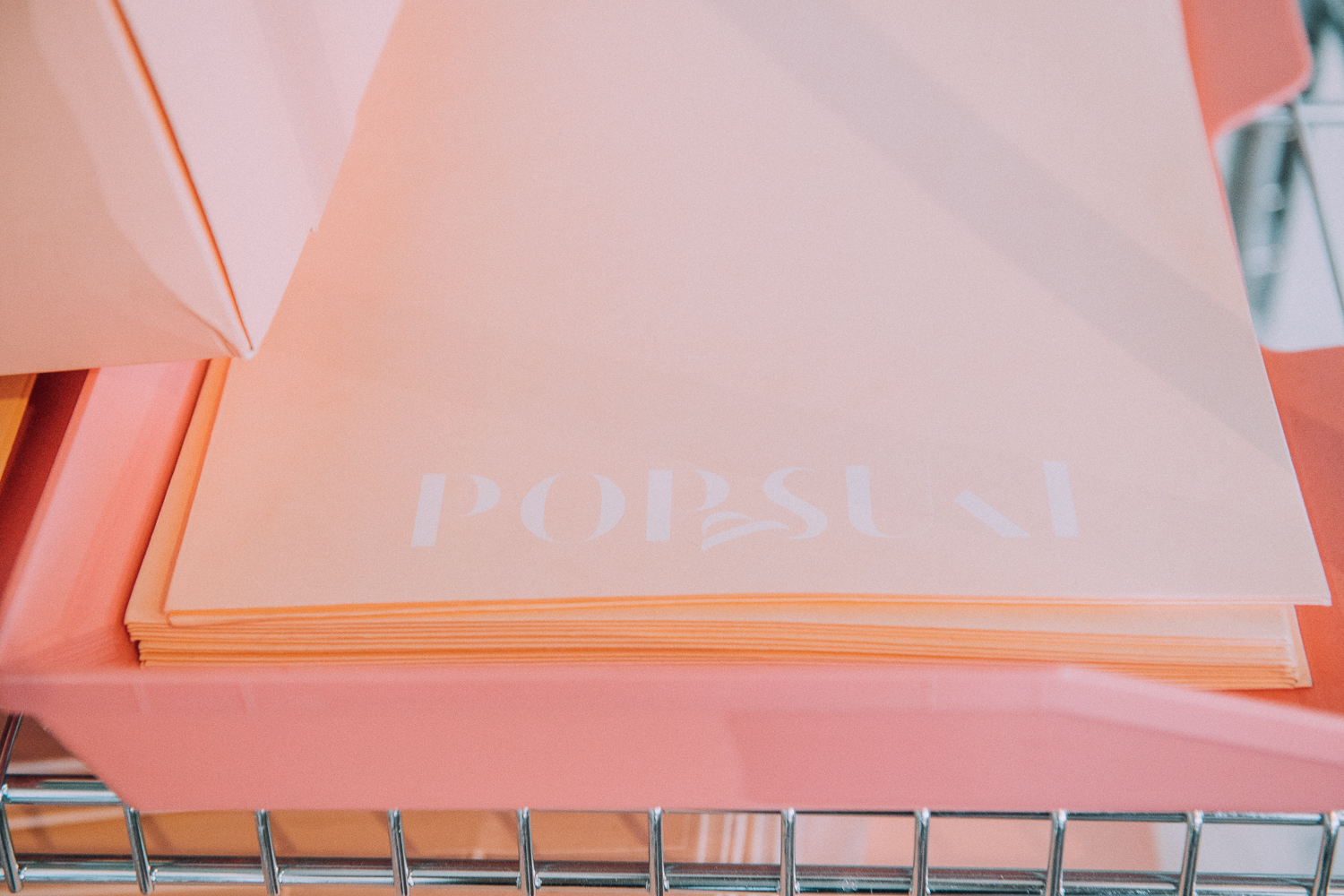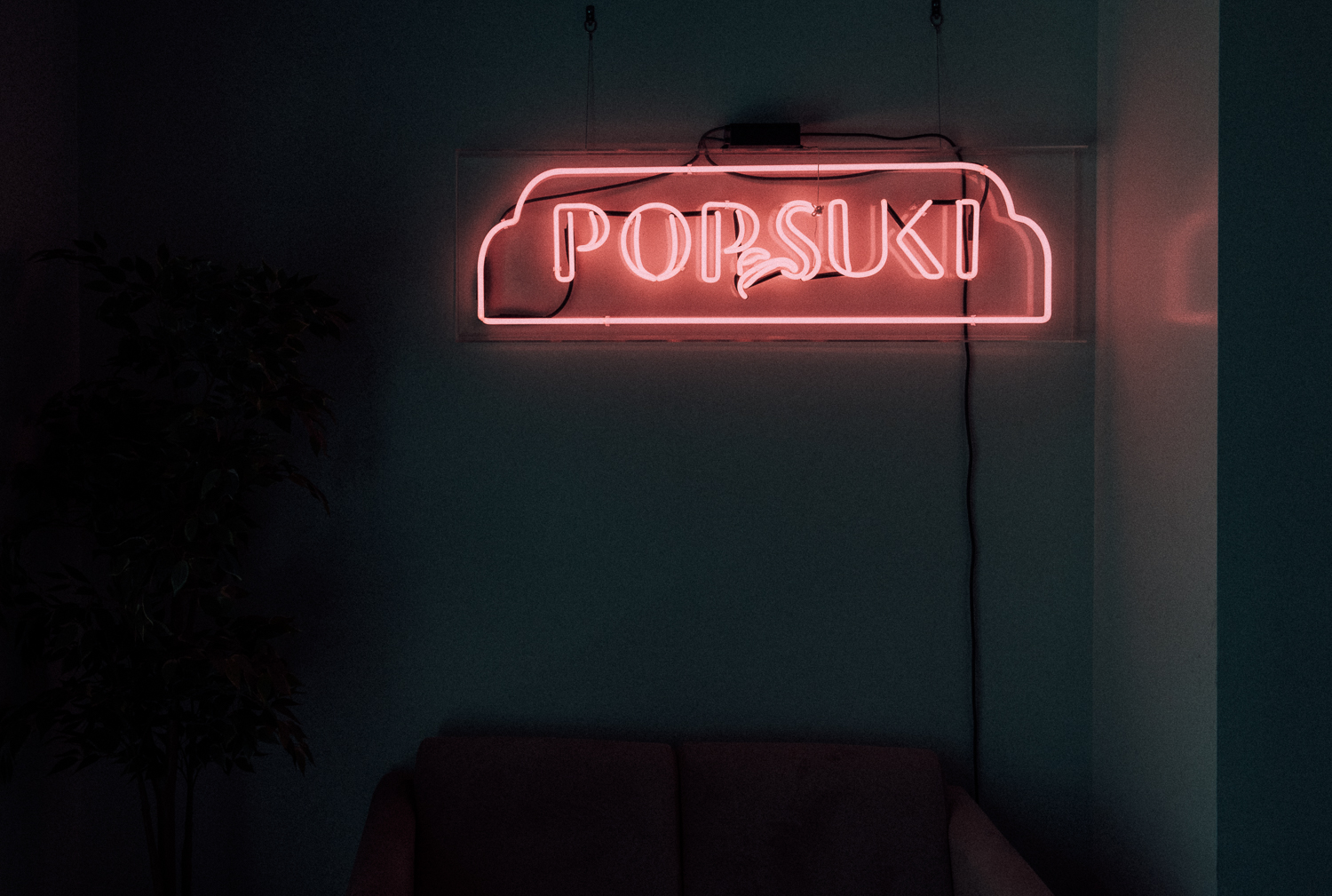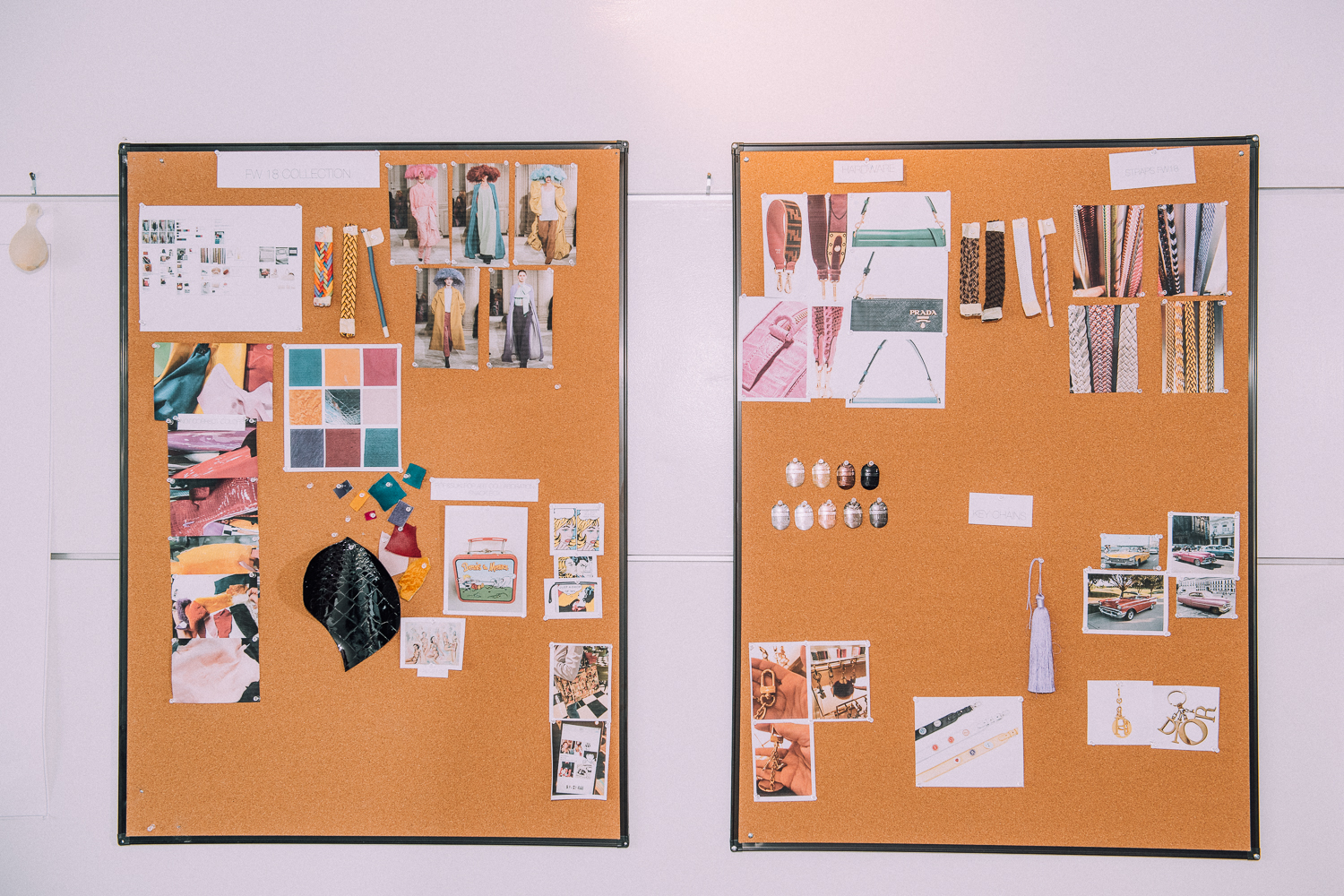Did You Know These Seemingly Innocent Interview Questions Are Illegal?
Be prepared.
Photo: Smith House Photo
So, your interview is off to a great start. Your résumé is perfect, and the hiring manager is clearly impressed. It’s going so well that it almost feels like a meetup with an old friend rather than a formal interview. This is usually a good sign, but be careful—you might be offering up unnecessary information that could hurt your chances of landing the job.
It’s widely known that federal laws prohibit direct questions about race, gender, religion, sexual orientation, and all other protected classes, but sometimes the question isn’t so direct. So, what are the seemingly innocent questions to be cautious of during an interview? We break it down for you below to ensure you know the best way to successfully navigate your job interview.
Are you planning to start a family soon?
Starting a family is an exciting and monumental moment in a person’s life, but unfortunately, employers could potentially view it as an inconvenience or question your commitment to the job ahead of you. A new hire looking to start a family could mean possible lateness, frequent sick days, doctor’s appointments during work hours, and long absences at the company’s expense.
How to Answer: I’m not at that point in my life yet. I am interested in what a career path looks like at this company. Can you give me more detail?
Can you work on the weekends?
Most corporate employees are off the clock on the weekends even when overtime is required. If you’re a salaried employer, the company might expect you to be available on the weekends or on short notice if there is an emergency. But unless Saturday and Sunday are required workdays, the interviewer shouldn’t ask about weekend availability. This question could be seen as an attempt to find out the applicant’s religion. Although it may not be, candidates may feel forced to share religious obligations when asked this question.
How to Answer: Of course, if you nailed an interview for your dream job and are eager to put in the extra weekend hours, then, by all means, say “yes.” You can also assure them that you will attend to any unexpected emergencies at your earliest convenience without divulging any other information.
Do you own a car?
Much like asking about weekend availability, an employer shouldn’t directly ask you if you have a car unless the job requires you to use your own vehicle. Most job seekers have seen “must be able to commute to X location” on a job post. The employer most likely wants to make sure that you’ll be able to make it to work on time, especially in places where public transportation is limited.
The Equal Employment Opportunity Office has a different take on this question. They consider it protected financial information, so not hiring someone based on their answer is discriminatory. This question also puts physically impaired individuals who are unable to drive at a disadvantage. Asking why someone doesn’t have a car could leave a disabled candidate feeling forced to disclose their impairment.
How to answer: Politely inform your interviewer that you weren’t aware the job required you to use your own vehicle. This will prompt them to share their true intentions for asking the question which will most likely be related to attendance. Assure them that you will be able to get to work at your scheduled time.
Are you a member of any cultural organizations?
Being a member of a cultural organization has many benefits. Members are usually required to do volunteer work and/or maintain a high grade point average and are able to obtain prestigious internships through alumni connections. Sounds like a great bullet point on your résumé, but it can also be used by interviewers to discern your race.
A simple statement like, “Which one is that? I think I’ve heard of it before,” during a phone interview could be seen as prying for that information.
How to answer: You can list the member requirements and benefits without sharing the cultural aspects of the organization. This information can be found online with a quick Google search, so keeping it on your résumé is a great way to avoid any company with such bias.
Can you list your emergency contacts?
Has your interview ever gone so well that the interviewer replaces “if you are hired” with “when you start” while listing off the day-to-day duties of the position? They may have suggested that you complete some paperwork to get it out of the way even before an official offer has been made.
One part of the new employee packet that you can ditch without an official offer is the “Emergency Contacts” page. This information can reveal your sexual orientation and national origin if you decide to list your significant other or parents’ names. Additionally, questions about the relationship between you and the people you live with are prohibited for the same reason.
How to answer: Inform the interviewer that you need a bit more time with one or more pages of the packet. Ask them if you have the option to fill it out at home and bring it back on your first official day.
Do you drink?
More companies are starting to offer unique perks in order to attract and retain amazing talent. Happy hours and on-the-clock fiestas have become a common occurrence. Casually asking if you’re a social drinker while explaining the company culture could be their way of trying to see if you’ll fit in.
However, this question might not fly with the Americans with Disabilities Act. Asking about alcohol consumption could force a candidate with a prior substance abuse issue to disclose their medical condition/diagnosis.
How to answer: Keep it short and sweet. Feel free to answer with a simple “yes” or “no.”
What was your previous compensation?
Try to put yourself in a business owners’ shoes for a moment. You’ve found the perfect employee on paper and they’re even better in person. The only thing that could make their dream candidate even more ideal is if their salary expectations are within budget.
Don’t talk yourself out of the salary you feel you deserve by mentioning your past pay. Employers know that one of the keys to retaining amazing candidates, like yourself, is offering a competitive salary and benefits package, so know your worth going in and be prepared to confidently navigate this conversation.
How to answer: Try to steer the conversation away from past compensation by politely but firmly stating why you deserve your desired salary. Mention that this number is based on your skills, experience, current salary trends, and the work required for the position.
Tip: Be Prepared
Ultimately, it’s up to you to determine whether or not you feel comfortable answering possibly coded questions. Before proceeding, consider how your answer will affect your chances of receiving an offer of employment. If you’re confident that you want the job, then be sure to craft a response that steers the conversation in a positive direction.
Practicing your answers to these and other standard interview questions will make sure nothing throws you off your game. When interviewing, keep in mind that employers are most likely not trying to trick you, but you should always do your research and be prepared. It’s a good idea to understand the law and know your protections.
About Career Group: Career Group Companies is a boutique recruiting firm that specializes in temporary and full-time administrative placements. We work with leading businesses, constantly raising the bar to provide a premium approach to search that others can’t reach. We take the time to get to know our clients and candidates, so we’re in a better position to make well-informed matches that we know are going to work.
Love this story? Pin the below graphic to your Pinterest board.
This story was originally published on June 10, 2019, and has since been updated.
MORE ON THE BLOG
10 Things You Should Never Do in an Interview (and How to Avoid Them)
Be prepared.
Photo: Create & Cultivate
Did you know that it takes the human brain less than one second to pass judgment on someone’s character? This means that within a tenth of a second of you walking into your interview, the hiring manager has already conducted an evaluation of your initial character based on your presence and appearance alone.
Your interviewer has been trained to identify key signals to help them determine if you have the skill set and appropriate temperament to fit in with the organization and execute your job. The company will most likely have several other applicants interviewing for the role, and limited time to fill the position, so it’s essential for them to take all things into consideration during the interview process.
That’s why, if it comes down to you and another candidate, one thing as minuscule as a buzzing phone can hurt your chances of securing the role. While you are prepping with mock interviews and researching the company, Career Group Companies’ president and founder, Susan Levine recommends these top 10 things you should avoid during the interview.
1. Never Fail to Prepare
Reading the “about us” section on the company website while you’re on the way to the interview will not give you the full scope of what the company does. Now, almost every company has multiple social media pages, an official website, and a LinkedIn profile. Check them out.
How to avoid it: Insta-stalking isn’t just for snooping on exes. Do your research on the company, its founders, and your department.
2. Never Be Late
Showing up late to your interview sets a bad precedent before your potential new job even starts. If you can’t make it on time to your first meeting with your prospective employer, how can they be confident that you’ll show up on time once you get the job? More importantly, being late shows a lack of respect and consideration for other’s time regardless of the reason.
How to avoid it: Take a trip to the interview location if you can to calculate traffic and timing. If you can’t make the trip, type the address into Waze or Google Maps at the approximate time you’ll be traveling over the course of a few days to get a sense of traffic and how long it will take you to arrive. Always give yourself a 15-minute cushion in case of any unusual traffic.
3. Never Forget Your Resume (Bring Extra Copies!)
Your interviewer may already have a printed version of your resume on hand when you arrive, but you still need to be prepared in the event they ask you for a copy. Often, employers will ask you for a copy as a test.
If they don’t have a resume printed before your arrival, rather than have them comb through a sea of digital applications or stacks of resumes on their desk, you can easily hand over a copy to them. You’ll also be prepared if you have to meet with any other department team members.
How to avoid it: Place your resumes neatly in a folder and pack it the night before your interview.
4. Never Interrupt Your Interviewer
Interviews can be nerve-wracking causing some people to appear and become overly enthusiastic. Regardless of how excited you are to list off your accomplishments and ideas for the company—which you should do at some point—it’s important to listen intently and pay close attention to what your interviewer is saying.
How to avoid it: The best kinds of interviews flow naturally. In order for this to occur, it’s critical for you to listen carefully. Take a moment to process his or her words before answering so you can craft a meaningful response. When it’s your turn, feel free to share any ideas, or revisit any of the points the interviewer brought up that will help position you as the perfect candidate.
5. Never Dress Casually
Never judge a book by its cover? Your book cover is most likely always being judged as you walk into an interview. That’s why dressing professional no matter the organization’s dress code ensures a better “safe than sorry” approach. Yes, even dressing casually for an interview at a company with an informal dress code can still be frowned upon. Your interviewer may be wearing sneakers and leggings, but he or she already has the job—you do not!
How to avoid it: For companies with a strict dress code, you can’t go wrong with slacks/skirt, a button-down, and a blazer. If the companies a bit more on the casual side, opt for business casual. Utilize Who What Wear and Refinery29 for appropriate outfit ideas ahead of the big day.
6. Never Wear Sunglasses on Top of Your Head
Now that summer is in full effect, you might be sporting shades every day. Out of natural habit, most people subconsciously push their glasses on top of their heads when they come out of the sun. Don’t make this mistake. Similar to dressing casually it will give off the impression that you’re not well-polished or taking this interview seriously.
How to avoid it: Keep your sunglasses at home or leave them in your car.
7. Never Forget to Turn Off Your Phone and Smart Watch (Because It’s 2020)
Putting your phone or smart watch on vibrate will not suffice because a buzzing device can be distracting. You’ll have to excuse yourself while you dig in your bag to silence your phone, or constantly look down at your watch as the notifications roll in. Any type of unnecessary interruption is distracting and can make you come across as unprofessional and unprepared. When choosing between two nearly perfect candidates, this type of incident could be the reason you don’t make the cut.
How to avoid: Turn your phone or watch completely off before you enter the office and leave it in your bag.
8. Never Lose Eye Contact
Maintaining consistent eye contact during an interview makes you appear confident, in-tuned and trustworthy. It is widely believed that avoiding eye contact during a conversation can be an indication that you are disconnected or uninterested in the conversation, or could potentially be lying. You may have the usual interview jitters, but your actions could be perceived otherwise if you’re staring up at the ceiling, out the window, or down at the floor.
How to avoid it: Practice mock interviews with friends or family members. Ask them to take notice of how often your eyes drift during the conversation. Record yourself with a camera so you can find and correct any bad interviewing habits.
9. Never Walk in With a Beverage
Unless your interview is in a coffee shop, don’t walk into it with a beverage. It shows a lack of business etiquette, it can be a distraction, and it may give off the wrong impression.
How to avoid it: Hydrate beforehand.
10. Never Project Negativity
Whether you’re having a bad day due to something out of your control or you’re suffering from imposter syndrome, leave it at the door. Everyone has occasional bouts of negative self-talk but don’t sabotage your own success. A negative attitude can be easily detected and everyone from the receptionist to the CEO will be evaluating your performance during the pre-hiring phase.
How to avoid: You landed the interview, right? So, you’ve clearly already impressed them. Use that confidence and take a few minutes to meditate and clear your head before you go in, if needed. Replace the negative thoughts with positive affirmations. You got this—be your true, confident self.
Now that you are well-prepared on what to avoid, remember that you received an interview request for a reason. Your prospective employer is confident that you’re just as impressive in person as you are on paper, but you’ll need to prove them right. It’s easy for an eager candidate to overlook the aforementioned gaffes but no amount of experience or education can make up for these critical mistakes. Be sure to double-check our list before your interview and remain positive. Good luck!
About the Author: Susan Levine is the president and founder of Career Group Companies—a leading recruiting firm based in Los Angeles, with offices in New York, San Francisco, Orange County, and Greenwich. Their divisions, comprised of Career Group, Syndicatebleu, Fourth Floor, Avenue Pacific, and events span a variety of industries. They specialize in executive and administrative support, marketing and design, fashion, events, and C-Level placements. As a widely recognized industry name, they pride themselves on placing top-tier direct hire and freelance talent in their dream jobs. They use their expertise to impact the lives of their candidates and improve the company culture of their clients, one exceptional match at a time.
Love this story? Pin the below graphic to your Pinterest board.
This story was originally published on July 5, 2019, and has since been updated.
MORE ON THE BLOG
Slow Stories: Industry Interview: Brandy Pham of PLANOLY
“If you want to build a conscious business, it needs to connect with people, and you have to take the time to craft a mindful strategy before even bringing it to market.”
Since extending CONNECT(ED)ITORIAL's Slow Stories Podcast into a column, I've loved connecting with the Create & Cultivate community around the conversation of slow content. I’m also thrilled to announce that season two of the podcast has recently launched on iTunes, and with that in mind, I'm even more excited to share an exclusive portion of our first episode with Brandy Pham of PLANOLY right here on the C&C blog!
For those of you who aren't familiar with her story, Brandy is the co-founder and chief creative officer of PLANOLY, the leading visual management and scheduling tool for Instagram. In our podcast interview, Brandy and I discussed her transition from jewelry designer to technology entrepreneur, and today she follows up on our discussion with some tactical advice on how to implement slow content and planning into your social media strategy.
Check out the full episode here and enjoy musings from Brandy below.
Why is it important to slow down as a digitally-minded founder? Can you share an instance of when slowing down inspired innovation at work?
I don’t remember ever getting inspired by staring at a screen or working tirelessly. So inspiration really comes when your mind is clear and you’re well-rested. When I took a mental break from work, that meant saying no to meetings, no to coffee dates, and not even going into the office for a while — and that's when PLANOLY's new product StoriesEdit came into fruition. I took a step back and really evaluated our roadmap and brought everything back to the perspective on why we first started PLANOLY, and that was to give power to small business owners like me. With that said, I wanted to go back to focusing on how we can further help our users build and grow their businesses. What type of products can we build (in addition to PLANOLY) to give them this power? In this day and age, it’s so vital to have an online presence and a digital strategy, and content is actually the most challenging part for businesses to create. Digital marketing is generally part of our everyday life now, and we can’t hide from it because that’s how consumers are learning what’s new, what they should buy, and so on.
StoriesEdit came to mind because we wanted something that was very easy and would be on web, but also give users the power on mobile to create more content and share products or stories that they may be sharing on their blog, and then easily post it all to social media. We started by launching with Instagram Stories templates, but we’re actually adding more canvas sizes for your grid and Pinterest too. We’re adding more templates that will help anyone who wants to share their products and their content easily on social media — With StoriesEdit, it’s like you have your own graphic designer on your team and no one knows it. That’s the beauty of this new product that we’ve launched!
How would you advise women who want to create a thoughtful content strategy, and what are some ways to utilize PLANOLY in this process?
I think that everyone should narrow down their goals and list out what is their purpose, what value they are bringing to their audience, and then work back from that. What are you really good at and what are people coming to you for specifically? And with PLANOLY, you’re able to actually create all that content, lay it out, and thoughtfully craft out your story so that you can work more seamlessly and efficiently. I think that using our grid and drafts features are great ways to strategize content because with drafts you can plan out by topic and then add content back to your grid whenever you are ready. I believe that people should decide on their content buckets and then use drafts first — you can do it the same way for Instagram Stories content too. You can use drafts for Stories and then really carefully plan out what type of stories you want to share. For example, on Mondays you share “A Day at the Office” or Tuesdays can be “Behind the Scenes at a Shoot," and so on. There are so many ways that you can use PLANOLY for your content strategy.
A big theme that’s always come up in these conversations includes how the fast- paced business landscape coupled with our content consumption habits can affect our productivity, and more importantly, our mental health. How have you learned to strike a balance or understanding when and what to post?
It's different between my personal account and the PLANOLY account. For PLANOLY, we always follow our content calendar, but we try to be very thoughtful about what type of content we're sharing on there. We really do ask what value the content is going to give to our audience and how it will spark inspiration or motivation. Our tone and brand voice are always positive (we never want to be negative!) even if it's something like having enough sleep, we turn it into something you can find funny or laugh about in a positive way, and in turn, that makes our audience smile.
For my personal account, it was very hard for me at first to share really personal stories, but I feel like it's my responsibility given my platform to share experiences with my son having autism by being an advocate for him, and also letting parents know that they're not alone. So, even when I'm drafting out those captions on PLANOLY, I take my time because I really like to sit on it before I post it. I would even tear up and cry before posting! I think it's ok to be vulnerable on your personal page and I always try to be mindful of not coming off to negatively, even if I'm sharing some type of struggle. For me, those are the two ways of posting on a personal and business account.
Slow content in many ways is all about the idea of “quality vs. quantity.” With that said, as an expert in the space, what would you say are the top pillars of slow, quality content?
I think for me, the top pillars are the following:
- Quality Images
As a marketer, branding professional, and consumer, it's important to share really clear, beautiful images. For example, say you're a photographer, and you've posted something really blurry — I automatically think that's the quality of your work and that can be a really bad look! So it's essential to have high-resolution photography.
- Messaging & Brand Voice
Your brand has to have clear messaging. Whether it's the graphic on your content itself or your caption, you should be really clear with your audience, and they should know exactly what you're talking about. The content also has to be on-brand.
- Value
The value of content is so important. I think everyone should always ask themselves before posting or even creating content, "What type of value is this bringing to my audience?" or "How does it make them feel?" And I would even ask myself, "What values does it bring to me and how does it make ME feel?" As the content creator, you should put yourself in your audience's shoes and really have that empathetic view, and if it makes you feel good/brings you value then your audience will receive it well too.
Are there any last words of wisdom that you’d like to share regarding slowing down, creating enduring content strategies, or building a conscious business?
I think too often that people want to launch a brand or business without really thinking it through, and don't really think about what it takes to build a successful company. If your brand is relying on just your product, there's no way it's going to stand out in the crowd. And if you want to build a conscious business, it needs to connect with people, and you have to take the time to craft a mindful strategy before even bringing it to market.
There's room for everyone, and everyone has a story, and you have to remember that people hold on to those stories. That alone is really intimate and powerful. So when you're starting off ask yourself, "What's the story I want to tell? What is my purpose? How is my product bringing value to potential customers?" You also have to ask yourself how you're going to make a living from this because you can't fund your business or pay your bills at the end of the day if you don't have a business strategy and think about these details before starting.
Rachel Schwartzmann is the Founder and CEO of The Style Line LLC. She created The Style Line in late January 2011 via Tumblr and has fostered The Style Line’s brand in its growth since then. Rachel has been featured in esteemed sources including Forbes, Refinery29, and MyDomaine and has also spoken at Create & Cultivate and Columbia University on establishing a unique brand point of view and entrepreneurship. On October 1, 2015, Rachel took The Style Line in a new direction as a boutique content company with the introduction of its slow content agency CONNECT(ED)ITORIAL.
MORE ON THE BLOG
Poppin' By: The Pink Haven Workspace of Poppy Jamie, Co-Founder of Pop & Suki
A very poppin’ interview.
Every month this year we're profiling a female entrepreneur, popping by their workspace and enjoying a bit of bubbly. "Poppin' By" is a Create & Cultivate profile series in Partnership with Chandon. Here's a cheers to amazing, working women!
By this point you've likely heard of host turned accessories line creator Poppy Jamie. If you haven't then you've definitely seen her customizable, millennial-friendly line of handbags, keychains, makeup bags, phone cases and so much more. Pop & Suki was founded just a little under two years ago and has skyrocketed to success.
Her business partner, Suki Waterhouse is likely a name you've heard before as well, but London-born Poppy has officially made her mark in the US fashion world. She's also the founder of Happy Not Perfect, an app built to help us better manage our stress levels and be our most productive and happy selves.
So, how does one jump from having a booming career in showbiz to having one of the most coveted accessories brands of the moment? Having a vision is only the first step, but having a partner and team you can trust can lead to the ultimate success.
In order to do your job right, you have to love your job, and Poppy loves her job. It's young, exciting, trend-forward and everything a girl wants. "I love the creative part and really thinking how we can constantly communicate the emotion behind the brand," she explained.
We're all quick to assume that working with a friend can be more difficult than successful, but Poppy's business has thrived because of such a union. Both she and Suki earned a spot in Forbes 30 Under 30 list, have had celebrities including Jessica Alba photographed in their pieces, and have gotten Pop & Suki inside Nordstrom stores across the country. The bottom line is that Poppy Jamie is not slowing down anytime soon and fresh ideas are always being laid out on the table for the brand to grow.
"Pop & Suki represents one of the most important relationships in life; that friend who is with you through thick and thin, your cheerleader and your therapist, your giggle box and your guide. Through the designs, concepts, and content I love thinking, hmmm how can we Pop&Suki’ify it more," she explained.
Just like every other business owner, Poppy finds ways to stay inspired and knows who her influences are in and out. She gave us a full run-down of who she looks up to the most and how they've impacted her life and helped shape ideas.
- Michelle Obama for her poise and elegance.
- Oprah for her mind and spirituality.
- Whitney Wolfe Herd for her kindness and brilliant marketing mind
- Krista Smith for her constant guidance and generosity of time
- My mother for her selflessness, curiosity into the workings of the brain and her amazing mum abilities
- Suki (Pop & Suki's other half) for her unapologetic fearlessness to be fully her at all times
- Alex Cronan (Pop & Suki's Creative Director) for her style
Now that's a list we can get behind. We kept the conversation going with the all-star businesswoman and here's what she had to say about her work environment, how she hopes her brand makes women feel, and all things entrepreneurship.
What is your favorite part of your workspace?
The kitchen with all the snacks... :) Haha. I love snacking! The meeting room where brilliant minds come together to share thoughts and ideas.
What do you want women to feel when they wear Pop and Suki pieces?
Fully themselves! I want our bags to give them that boost and extra spring in their step knowing they have a badass girl power bag on their arm 🙌🏽🙌🏽🙌🏽!
What has been the most surprising element of entrepreneurship for you?
How your team becomes a family and life force. All night convos, ups and downs... you’re in the rollercoaster with them 24/7. I don’t think I realized how insanely lucky I was to go into business with people who are loving, trustworthy and hardworking. The horror stories I’ve heard when you have the wrong team around you! No idea or concept can survive without a tight-knit family around supporting it.
Photo Credit: Tyler William Parker
Be sure to follow Poppy here
Check out the new Pop & Suki collection here
By: Andrea Navarro
MORE FROM OUR BLOG
Interview with a Fierce & Feral Creature
Eugenie Grey is just a girl from the 'burbs. Sort of.
It's not surprising that you can spell "genuine" with the letters of Eugenie Grey's name.
The brazen blogger grew up in the suburbs of LA, but just one look at her Instagram and you'll find she's shed any evidence of a "little boxes all the same" kind of life. There's no one like her, which is part of her "brand."
So, what makes Eugenie, unique? In part she's always wants to stay away from safe. Find out more below and be sure catch her on stage when she joins #CreateCultivateATL.
You are considered one of the OG bloggers and have now amassed over 460k followers online. From a business perspective, what's been your growth strategy?
I was blessed with being an early adopter. I started blogging in 2008 and got social media accounts very early on, and have been able to observe trends and adjust quickly ever since. I also think that staying true to my unique style has helped build my brand--I wanted to stay away from "safe".
I think that staying true to my unique style has helped build my brand--I wanted to stay away from "safe".
Tweet this.
You go to school, live bi-costally between LA and New York, are a full time blogger, and still manage to have a pretty exciting social life that we're a little envious of. How do make time to fit it all in?
Ever since I was in high school, I worked three jobs at once while going to school, blogging on the side for fun all the way. The gradual increase of my workload with various transitions in my adult life felt natural to me.
For you to work with a brand, what are they guidelines they have to meet in order to create a partnership?
Does the brand appeal to me? Do I believe in the product? Will this benefit my life, and in turn want me to share it with others?
What is the smartest business decision you've made thus far?
Probably purchasing my domain name for $2500 off someone many, many years ago. That was a fortune to me back then!
What's the worst business decision you've made? How did it help you grow?
Maybe this wasn't the "worst" decision, but it was a lot of work to keep up my blog while finishing up school. It taught me a lot about proper time management and priorities.
Via Feral Creature, you have been able to create a brand that embodies being your true self and breaking away from the status quo. What other messages do you hope translates to your followers via your blog?
I hope to inspire others to embrace their individuality, quirks, and weirdness. I hope people feel confident in their differences and what makes them unique.
I hope people feel confident in their differences and what makes them unique.
Tweet this.
How do you see the world of Instagram evolving?
Instagram is moving more to video. Algorithms made likes go down, but video views (which you see instead of likes on video content) remain high.
Describe your brand in three words.
Bondage Sith Lord.
What is one hair color that you've yet to dye your hair?
Orange!
What is your trick to taking the perfect Instagram #OOTD pose?
Head down/looking away will usually leave you without any gripes about a weird facial expression. Stand straight up, pop one knee out to the side. Do something with your hands: put them in your pockets, hold your purse strap, brush your hair behind your ear, cross your arms, etc.
What's a creative area that you'd like to explore?
I've a keen little nose. I'd like to get into making fragrances one day.

